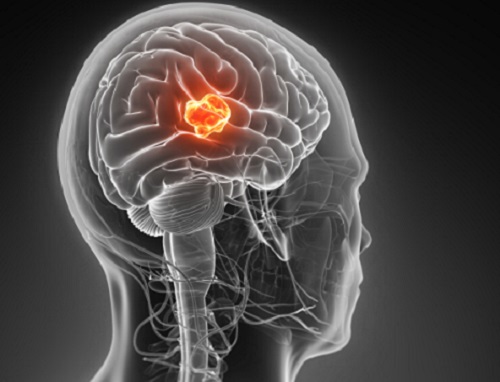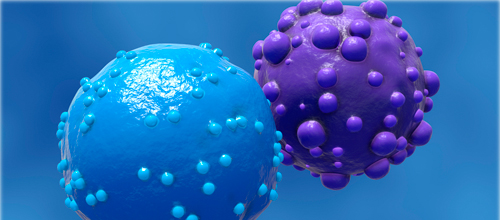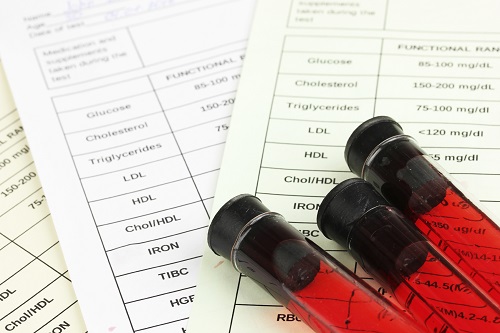April 5, 2018 (Neurology Today)
A protein associated with glioblastoma multiform (GBM) has been identified and in experiments has proven to be a promising new target for immunotherapy against these deadly tumors.
Glioblastoma is one of the diseases currently offering the greatest hope for developing an immunotherapy that not only effectively targets the tumor but also does not cause many unwanted side effects on the patient. For this reason, Dr. Gianpietro Dotti has set out to defeat one of the major challenges of glioblastoma – finding a molecular target that is expressed on nearly all tumor cells and also on a few normal cells. This would guarantee the most effective treatment with as few side effects as possible.
For this study, Dr. Dotti chose to target antigen chondroitin sulfate proteoglycan 4 (CSPG4), a protein important for metastasis and is highly expressed by many types of solid tumors. To test the potential of CSPG4, GBM “neurospheres” were implanted into mice who ultimately replicated many features of glioblastoma. These neurospheres expressed CSPG4. In experiments, CAR-T cells bearing the chimeric antigen were prepared and successfully killed GBM cells.
When these were placed into mice, CAR-Ts were injected into the tumor two weeks after and either reduced or wiped out glioblastoma cells and prolonged survival. Interestingly, this occurred regardless of whether the neurospheres expressed high, medium, or low amounts of CSPG4.
There were, however, poor survival outcomes in some mice. Possible explanations for this may be because of the limited survival time of T cells (not active long enough to kill tumor cells), or because the tumor may be capable of escaping T cell recognition by increasing immune suppressor, PD-L1, which inhibits CAR-T cells to kill tumor cells
The next step includes moving into clinical trials despite the remaining challenge – an effective target therapy with decreased adverse side effects.




